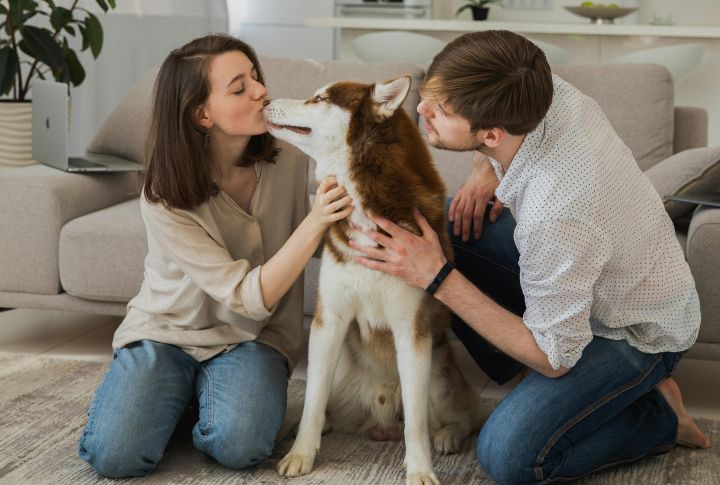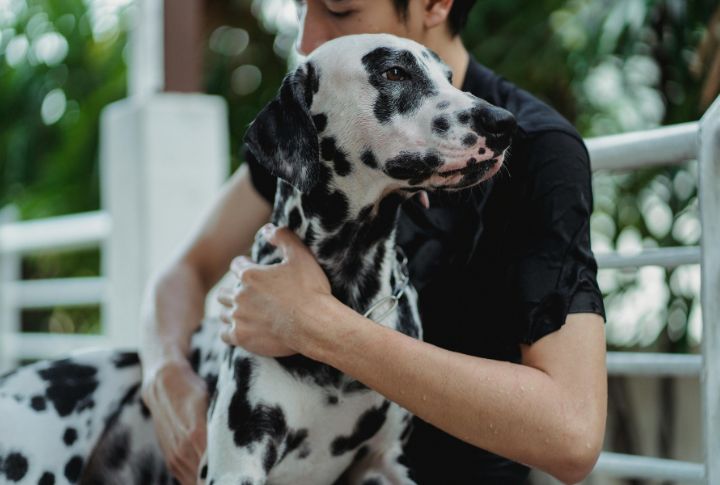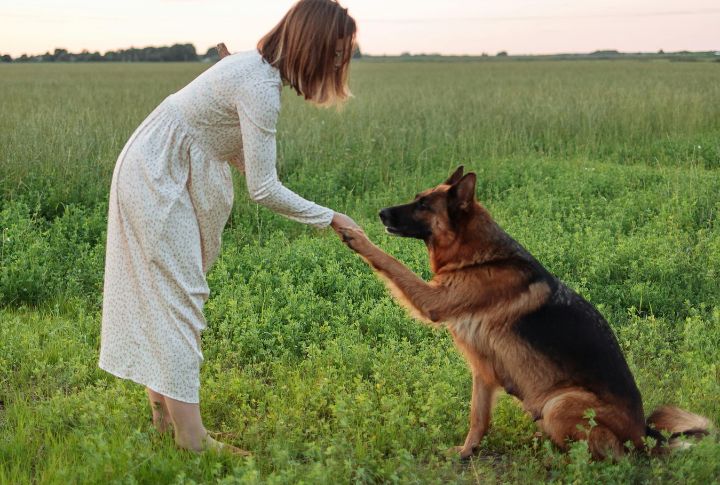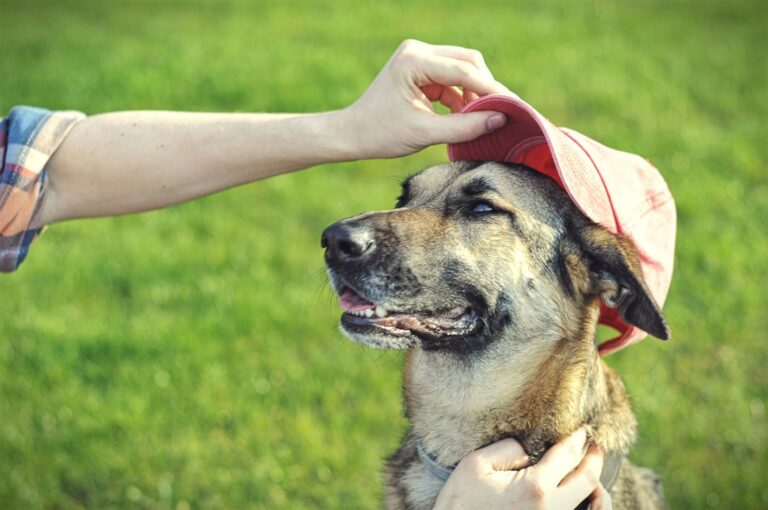10 Insights on How Dogs Interpret Human Behavior

Can dogs really understand human emotions? This question has intrigued researchers and pet owners for ages. Many believe our furry friends can pick up on subtle cues that we often miss, but is this fact or just a myth? Let’s explore the fascinating world of canine judgment and find out if they can interpret human behavior!
The Science of Canine Perception

Canines’ extraordinary sense of smell enables them to detect subtle changes in body chemistry, like shifts in pheromones. This heightened ability may help them sense fear or stress in individuals, influencing their responses, especially when they perceive potential danger.
Reading Body Language

Skilled at reading non-verbal cues, they often detect subtle signals humans miss. They interpret body language, facial expressions, posture, tone of voice, and eye contact to gauge a person’s emotional state or intentions. These signs influence how they react to different individuals.
The Role of Past Experiences

Like humans, dogs rely on past experiences to form their perceptions. A pet that has been mistreated or experienced negative behavior may become more cautious or fearful around certain types of people. These learned behaviors can influence their future interactions.
Dogs and Empathy

Growing evidence suggests that canines can empathize, especially with their owners. They sense when their humans are sad or stressed and offer comfort in response. Additionally, if an owner feels anxious or uncomfortable around someone, their dog may pick up on that tension and react accordingly.
Influence of Pheromones

Dogs have a vomeronasal organ, which allows them to detect pheromones that humans cannot. When your pet senses these pheromones from a person, it might trigger a defensive or wary response, adding another layer to their judgment.
Fear and Familiarity

A dog’s response to someone they perceive as harmful may be more about fear than judgment. Being a creature of habit, and unfamiliar situations or people can trigger defensive reactions. This doesn’t necessarily signify evil intentions but rather that the dog feels uncertain or uncomfortable in that situation.
Limitations of Canine Judgment

Despite their keen senses, they lack human-like moral reasoning. Their reactions are often instinctual and influenced by unfamiliarity or environmental factors rather than an assessment of good or bad intentions. For instance, a dog may bark at a new or different person, not because they are inherently “bad.”
The Power of Observation

Thanks to their keen senses, canines have incredible observation skills and impressive reaction times. As soon as one notices the slightest change in someone’s demeanor, it is bound to act. This heightened awareness makes them seem to have a sixth sense about people.
Trusting Your Dog’s Instincts

While dogs may not be able to morally judge people in the same way humans do, their instincts and sensitivity to non-verbal cues provide valuable insights. As a pet owner, it’s essential to trust these instincts, especially if your furry friend consistently reacts negatively to someone.
Dogs as Emotional Barometers

All in all, dogs act as emotional barometers, detecting cues often overlooked by humans. By reacting to body language, scents, and emotional energy, they provide a unique perspective on human behavior. While their reactions aren’t foolproof, they can be valuable in evaluating the people in our lives.





